Seedlip founder debuts non-alc bitters brand seasn in the US, tees up further beverage innovation
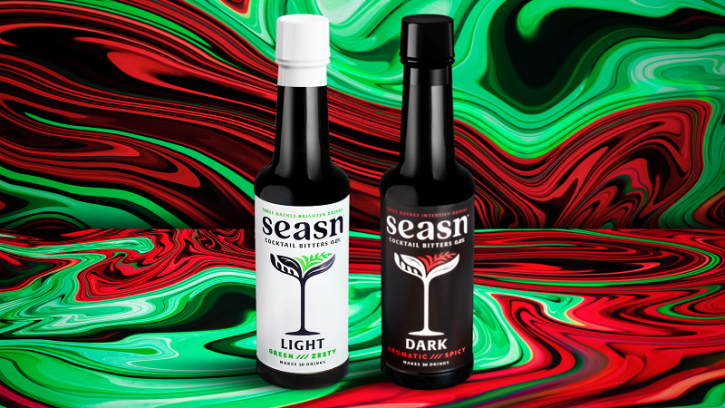
Currently, seasn offers a green and zesty bitter with notes of grass, lime, grapefruit peel, kombu and sea salt (seasn LIGHT) and a spicy and aromatic bitter with notes of kola nut, smoke cherrywood, star anise, cinnamon, black pepper and mushroom (seasn DARK). The bitters can be used in mocktails and alcoholic cocktails, including Manhattans and Old Fashioneds for seasn DARK and martinis and margaritas for seasn LIGHT.
The product is available through Faire and Airgoods wholesale platforms, direct-to-consumer through the brand website and in fine-dining establishments on the East Coast.
“I wanted to make it really simple for consumers. They can just with three dashes at home transform a mixer into a really amazing grown-up adult drink. And bars and restaurants can obviously make even better non-alcoholic cocktails but also as we have seen seasn can be used in alcoholic cocktails,” Branson said.
From Seedlip to seasn: How Barson is mixing up the non-alc space
Branson first experimented with cocktail bitters — which can normally contain between 28-45% alcohol by volume depending on the bitter — when building his non-alcohol spirits brand Seedlip. He would use these non-alc cocktail bitters at special Seedlip brand events or gift them to bartenders but did not release them to the market.
The seasn bitters were developed as part of Pollen Projects, a venture innovation studio where Branson and his colleagues — including brand CEO Emma Wykes — are developing non-alc products. Currently, Pollen Projects is working on its second and third projects, with details on the second project set to release in the coming months, Branson noted.
Pollen Projects raised funding earlier this year from angel investors, advised by law firm Lewis Silkin. The company also is planning to raise more funds later in the year to support the development and commercialization of the forthcoming products, Branson said.
"We are really excited about the biggest cocktails bitter market in the world, and seasn’s opportunity [in the US]. Then, with project two we want to build another laboratory in the US for that project, and for project three, we think there is a great opportunity in the US as well. I would like to bring in some US money for this next raise later in the summer," he added.
‘People are drinking better — period’
The non-alc market exploded with new entrants in the space over the last several years, boosted by occasions like Dry January and younger consumers moderating alcohol consumption.
The global non-alcoholic beverage market, which includes soft drinks, energy drinks and ready-to-drink coffee, was estimated to be worth $1.45 trillion in 2023 and is expected to reach $1.74 trillion in 2027, growing by a 20.69% CAGR between 2023-2027, according to Statista data.
The non-alc space is boosted by broader beverage market trends, including the demand for better-for-you and premium products, Branson explained.
“People are drinking better — period. Whether that is because they are drinking better soft drinks, or they are drinking more premium alcohol and drinking less but drinking better,” Branson said. “Whether it is a single-origin Fairtrade coffee in the morning to juices, healthy sodas, non-alc cocktails, smoothies, energy drink, the choices now are just better than they were — that is the big macro-broad brushstroke.”
Has the non-alc hype attracted the wrong brands, founders?
Reflecting on the non-alc category’s evolution, Branson pointed out that the non-alc category also is seeing a lot of attention from founders who might not understand the basics of building a beverage brand, which might create problems for the industry moving forward.
“There are two misdirections that have happened [in non-alc]. One, people jump in because they think they can make a quick buck — that does not happen in drinks. It is not a quick overnight success, and non-alc is not easy just because you can make non-alc. There is a whole piece of awareness, education, funding and all the rest of it,” Branson said.
Second, some new entrants are underfunded and without the same level of focus on taste and quality, he elaborated.
“People are choosing non-alc firstly because from a health and wellness perspective. They want to moderate their alcohol intake, or they cannot drink alcohol. So, the number one thing that they are looking for is something that tastes great. It has to taste great. And if you have a category that does not consistently and at scale tastes great, then that is a problem,” Branson said.
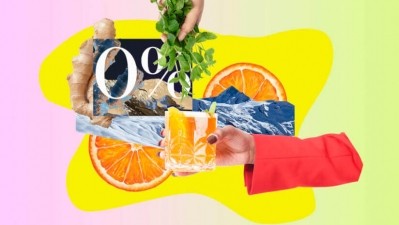
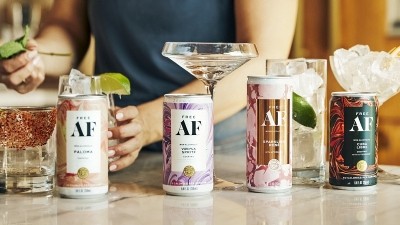
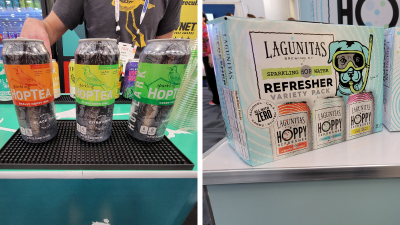
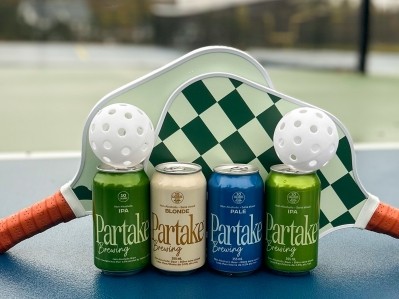
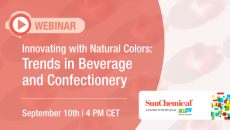

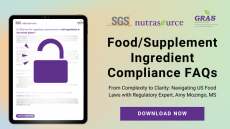
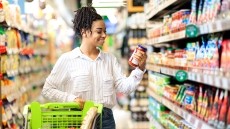




![[Podcast] Founders' Fundamentals: Greenwich Capital Group on negotiating everything from slotting fees to successful exits](/var/wrbm_gb_food_pharma/storage/images/_aliases/wrbm_tiny/publications/food-beverage-nutrition/foodnavigator-usa.com/news/brands-manufacturers/podcast-founders-fundamentals-greenwich-capital-group-on-negotiating-everything-from-slotting-fees-to-successful-exits/17661778-1-eng-GB/Podcast-Founders-Fundamentals-Greenwich-Capital-Group-on-negotiating-everything-from-slotting-fees-to-successful-exits.jpg)




